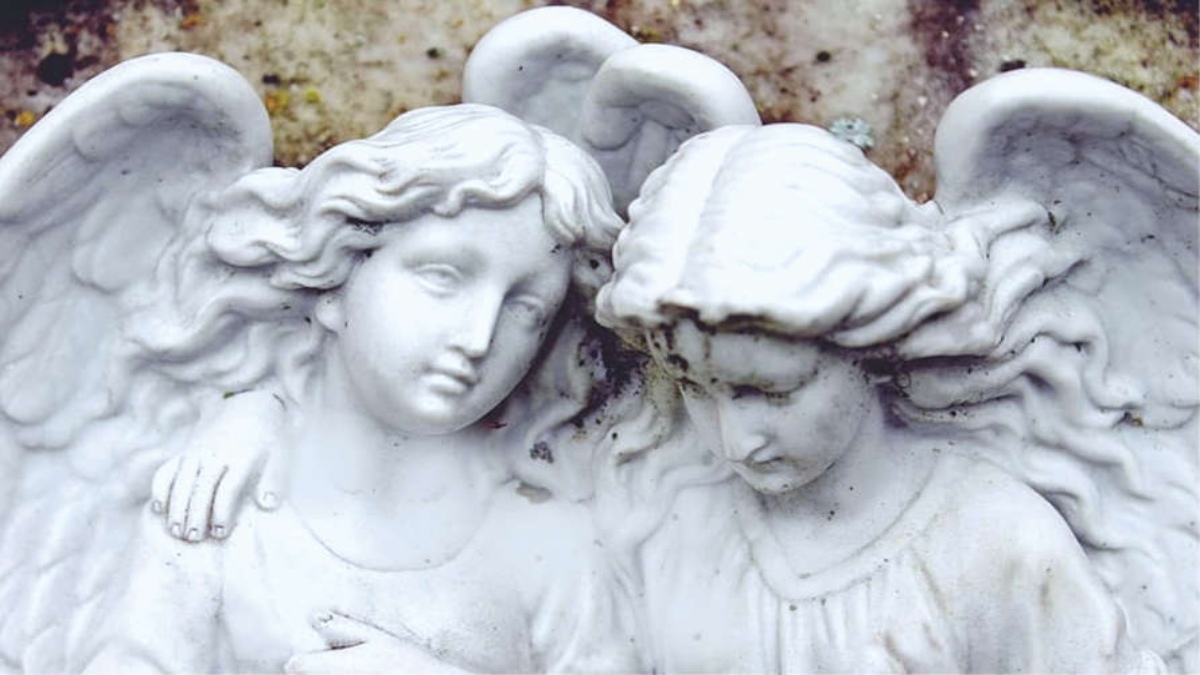


The year just past has pushed us to ‘re-view’ many aspects of our lives and our vision for collective harmony. The pandemic has affected the lives of everyone and tested our sense of inclusion and belonging. Diversity, inclusion and belonging have been the ‘loud’ themes emerging throughout the year.
Diversity is the state of the natural world. Nature exhibits the beauty of co-existence where every organism has its own part to play in maintaining a balanced ecosystem. It is also the natural state of humankind, as expressed through culture, religion, attitudes, beliefs, and opinions. Nature is free of the ego of comparison, inferiority, superiority and the complexes of shame and guilt.
However, humans see diversity through the lens of ego. If we could see human diversity through the eyes of equality and respect, we would see that each person is playing their unique part in the ecosystem of the human drama. Then we would understand the value of diversity and recognise our own part and how we fit into the whole. The impulse of diversity is natural and will always find expression.
Inclusivity is a feeling, a mindset, an attitude and a way of behaving, speaking and thinking. In a world of structures and tick boxes, diversity is easy to measure, inclusivity is not. Creating an environment of inclusivity requires personal introspection and fresh thinking, free from the subtle biases and belief systems shaped by our culture and past experiences.
True inclusivity requires a radical change in attitude. When I have an attitude of inclusivity, I see the value of each person, no matter their packaging. When potential is recognised, people can claim their seat at the table with strength and dignity, not from a place of shame and weakness.
A sense of belonging is the direct result of an attitude of inclusion. When not included, people become hurt and angry and the bonds of belonging bear the brunt of this. Broken bonds result in divisions and lead to exclusion. The human spirit, when broken, lacks the courage to be inclusive. Nurturing an attitude of inclusion requires healing of the spirit. The collective spirit of humanity also needs to heal.
Meditation is a powerful tool to release ourselves from the limited trappings of the ego’s insecurities and wounds, reconnecting us with our spiritual authentic selves. This healing process leads to more openness and kindness in interactions with others. We begin to experience the depth and value of our interconnectedness and the beauty of diversity.
Gopi Patel is a spiritual educator and senior Rajyogi meditator with the Brahma Kumaris, specialising in spiritual pragmatism in all areas of life.